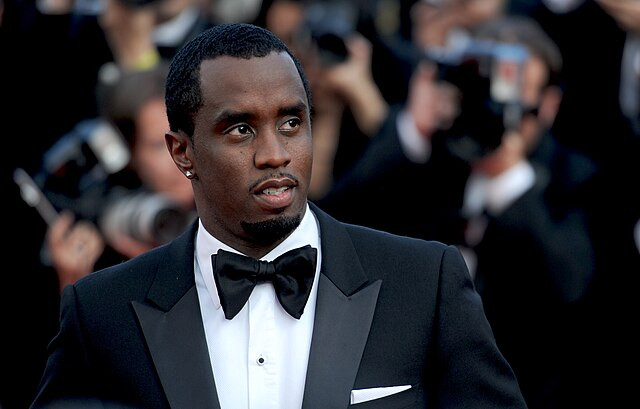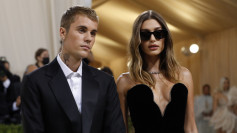With jury selection set to begin May 5, attorneys for Sean "Diddy" Combs are preparing to vet potential jurors on sensitive topics ranging from group sex and infidelity to drug use, celebrity privilege, and opinions about the hip-hop industry, court filings show.
The proposed list of 30 voir dire questions, submitted by Diddy's legal team, seeks to probe jurors' potential biases on issues closely tied to the allegations against the music mogul. "There may be evidence in this case about people engaging in sexual relations with multiple sexual partners. Would hearing about that type of evidence be difficult for you?" one question reads. Another asks if jurors would be affected by evidence "that people cheated on girlfriends or boyfriends."
Diddy's legal strategy also targets perceptions about wealth and celebrity. Jurors will be asked, "Do you believe that wealthy people get away with things that the less wealthy do not?" as well as whether they harbor views about the "hip hop rap music industry or artists in that genre."
As previously reported, Diddy faces accusations related to sexual assault, drug use, and violence, including a high-profile incident involving his former girlfriend Cassie Ventura. Prosecutors allege Diddy used drugs to impair alleged victims' judgment and compliance, a point the defense appears poised to counter aggressively.
In a separate filing, prosecutors challenged Diddy's attempt to introduce expert testimony about his mental state at the time of the alleged offenses. Defense attorneys have proposed calling a Columbia University professor to testify that Diddy suffered from a "mental condition bearing on the issue of guilt," according to court documents reviewed by TMZ.
While the precise nature of the alleged mental impairment was redacted from the filings, prosecutors indicated it involves Diddy's drug and alcohol use. They argue that the defense failed to give adequate notice under legal standards governing evidence of impaired cognitive function due to intoxication.
Prosecutors assert that even if Diddy was under the influence during the alleged incidents, expert opinion on his "inability to control [his] behavior" would be irrelevant, particularly since the proposed witness has never personally evaluated Diddy and would rely on general professional experience.
The government also moved to block testimony from a forensic video analyst who would have reviewed footage of the Cassie hotel beating, a key piece of evidence the judge has already ruled admissible.
The upcoming trial, featuring arguments about Diddy's behavior during so-called "freak offs," promises to draw national attention to the intersection of celebrity culture, drug use, and allegations of sexual misconduct.





